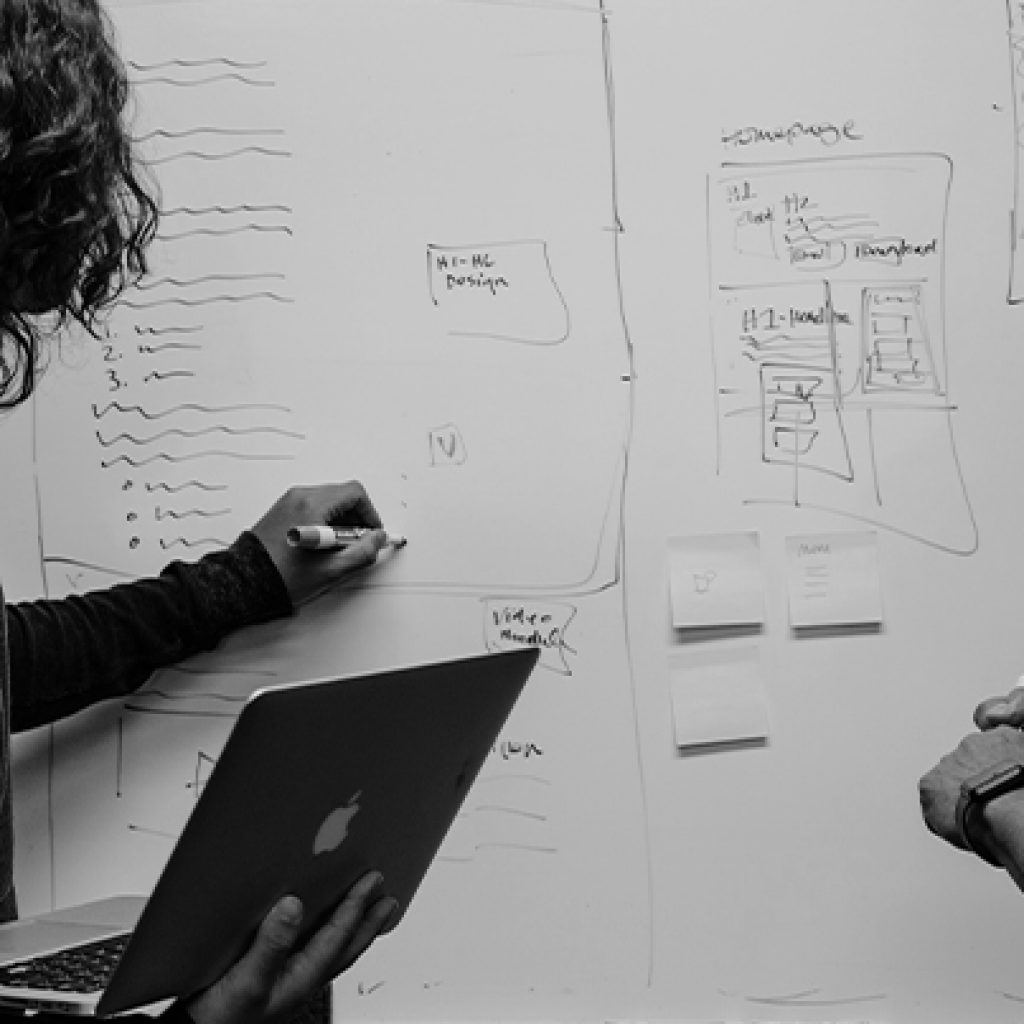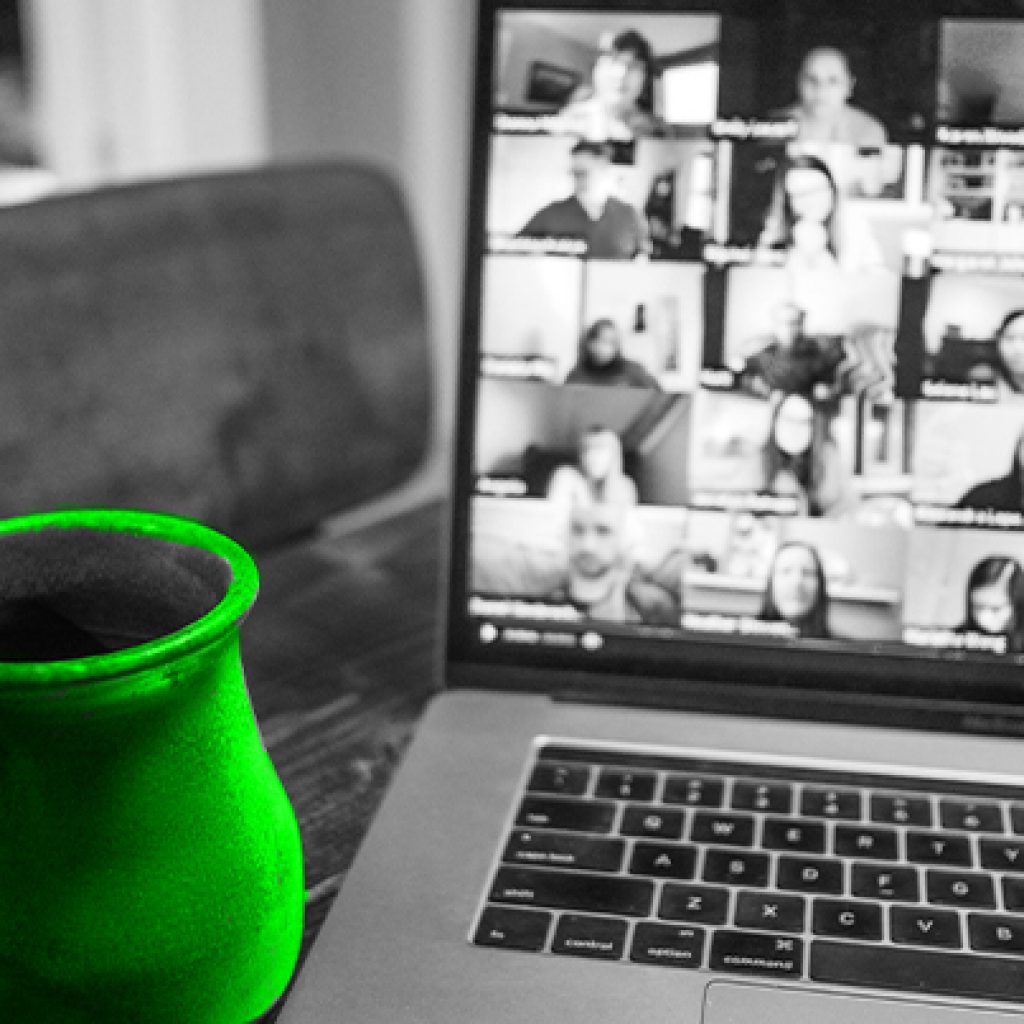This month has been all about our smart/task service – the one where our experts join a business to add support, whilst we make sure everything runs smoothly in the background, leaving you to focus on what really matters.
We sat down with Gary Gamp to talk all things smart/task and here’s what he had to say:
1. How does smart/task work?
We’re all about helping businesses work fast, smarter and better and our smart/task offering does just that. We insource business optimisers who act as an extension of your team to undertake and complete tasks you’re unable to do yourself. And we do this by addressing a specific challenge, or more generally looking through your lens to see how we can help to solve your business problems.
And we’ve built a reputation around making clients feel safe because we’re doers. We do what we say, and people trust us because of that. We can take full ownership of our work and you don’t need to worry about us.
2. What is special about it?
We set up smart/taskingbecause we’d all been on the receiving end of this sort of service and quite frankly, we’d been underwhelmed. Sadly, the world is flaky, and we wanted to offer something dependable. So, having been on the other side, we just get it! We treat everything we do for a business like it’s our own – we really care about our commitments and making them work. We’re outcome obsessed.
3. From your perspective, what are the key benefits that smart/task brings to businesses?
People could do this service themselves, but as optimisers we’ve learnt to do things better and more efficiently, so really, it’s better than people doing it themselves. And it’s a flexible service; if business is good people can turn it up and if not, they can turn it down. The biggest benefit is that we’re providing an outcome. This saves businesses bringing a person in permanently.
So, what are the key benefits of smart/task? There’s flexibility, you don’t need to worry about anything, we provide oversight (stewardship), and we understand the nuances of what our clients are trying to do. We provide a person(s) and we manage them too. We like to describe our three services like this: smart/task – we do it for you, smart/hands – you do it yourself and smart/consult – we help you do it.
4. Can you share any success stories or testimonials from clients who have experienced significant improvements in their operations or results after implementing smart/task?
We had a client supporting an activity (five people inside a business) and we came in and took this service over for them. It was all around Moves, Adds and Changes (MAC moves), and they were working in spreadsheets, and generally needed to upgrade their processes. Once we’d taken over, we put in a ticketing system (workflow tool) and digitised everything. This reduced workload considerably, reputation went up because we could report progress far better, and so professionalism rose too.
We provided automation and skilled people, and in turn there was more capacity to scale, and the whole process was more efficient (by 35%!) and the team were able to process more requests as a result.
5. How do you customise smart/task solutions to meet the unique needs and challenges of each client?
Solutions are made up of standard building blocks. There’s a core that’s always the same and we customise around that to make it work for our clients. That’s how we attack a solution. There’s always a core set of building blocks, and we have a standard set of tools we use to underpin that core.
Most customers have their own tool set, and when it’s hard to convince bigger businesses to use ours, we overlay our tools on top which enables us to have workflow reporting and automation, and to access customer data too – that’s the efficiency bit. There’s a certain bespoke element of course, we always take the time understanding what the customer needs and we adapt accordingly.
6. How do you stay updated on the latest developments and best practices related to smart/task to ensure that our clients receive the most effective solutions?
For me it’s a combination of learning and doing. Because we do multiple things that are similar for clients – we learn what works and what doesn’t. Part of our DNA is to never be satisfied – so we always aim to do it better next time, and better and better. We learn by doing. We go to events; I have my podcastand I read a lot. But most of our development as a team comes from learning and improving.
For example, I’m doing a discovery now and because I know what works and what doesn’t work – I know I need to address one basic challenge first: it’s hard to get people to come to meetings. I already know it’s going to fail, and because of that I’ll say: this is going to be the hardest bit so let’s get it right.
7. Looking ahead, what opportunities do you see for further growth and innovation with the smart/task service?
In the current market, business optimisation has become important. Businesses must get more out of what they’ve already got. So, I think we’re in a very interesting sweet spot. Tech is developing – and if we can augment what we already do with AI, it will help us leverage what we do further. AI and automation are probably the most important midterm tech that will support where we’re going.
Automation can provide 50%-60% more efficiency. Whereas if you do a business process redesign, for example, it only gives 15% more. That’s a big step change… and the robot doesn’t complain about working hard. It’s fundamental to our growth and using it for simple scripting automation to take control of activities and responses, that’s the future for us.










